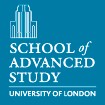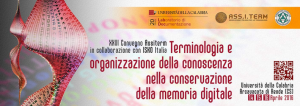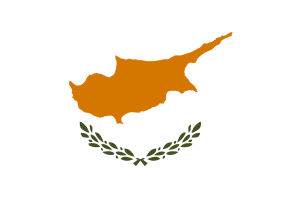Collections, connections, collaborations: from potential to impact
Salford, 10 – 12 October 2016
Venue: The Lowry, Pier 8, Salford Quays, M50 3AZ
DCDC2016 conference will look at the varied and innovative ways in which archives, museums, libraries, and academia can help realise the potential of collections and translate this into social, cultural, and economic impact.
The main conference themes will include, but are not limited to, the following:
- Beyond apps: how technology can be used to enhance the impact of heritage collections and their place within society.
- Dynamic partnerships: academic impact and collaboration with heritage organisations
- Future and hidden histories: exploring new narratives for our collections
- Out of the strong room and into the street: new uses for collections within social, cultural and economic contexts
- Show me the money: new frontiers for funding and fundraising
- Who do we think we’re for? Working with new audiences and taking heritage “outside of heritage”
- Making collections work harder: social impact and cohesion through heritage
- Joining the dots: connecting collections and communities
![]()







